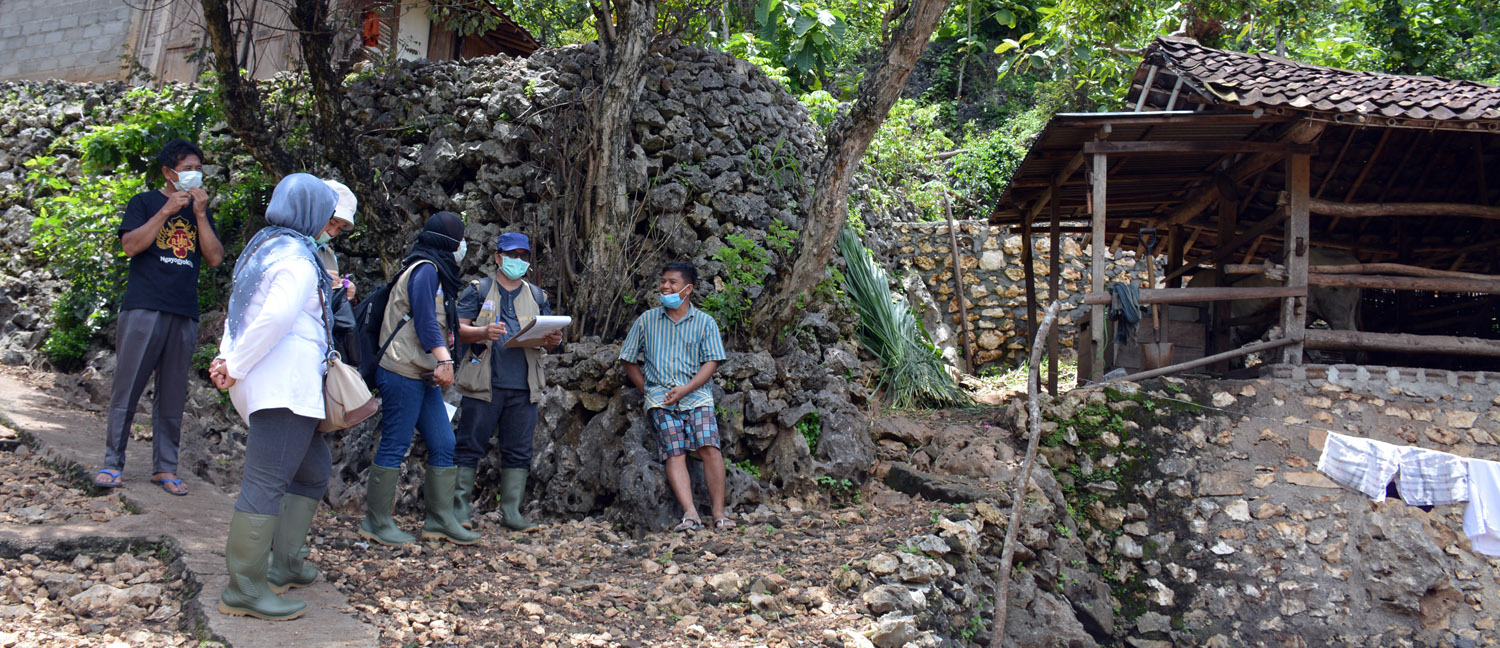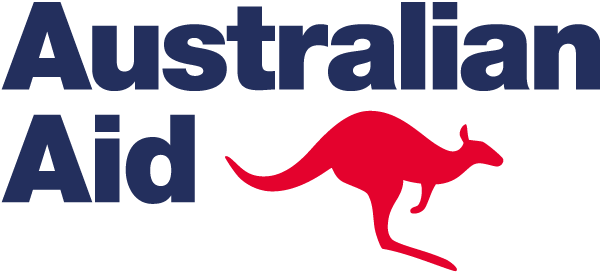Southeast Asian countries strengthen regional animal health resilience through standardized evaluations supported by FAO and the Australian Government

A joint activity by Southeast Asian countries, FAO and the Australian Government will standardize the evaluation of essential capacities to detect outbreaks of emerging infectious diseases in Southeast Asia
©FAO/Sadewa
In the era where animal and zoonotic diseases know no borders, Southeast Asian countries underscore the importance of a standardized and systematic evaluation of essential capacities within regional communities to effectively prevent, detect and respond to these threats. As part of its continuing response, the 45th Association of Southeast Asian Nations (ASEAN) Ministers on Agriculture and Forestry meeting adopted the assessment tool for the regional strategic framework for veterinary epidemiology capacity development and networking in ASEAN.
The tool, which was developed by the Food and Agriculture Organization of the United Nations Emergency Centre for Transboundary Animal Diseases (FAO ECTAD) through the Strengthening Mechanisms in Animal-health for a Resilient ASEAN (SMART-ASEAN) project, supports the ASEAN Member States to systematically monitor and evaluate the progress of its implementation, and identify gaps and investments needed from the Members and development partners.
Providing continuing support to the region, the SMART-ASEAN project, funded by the Australian Government through the Department of Foreign Affairs and Trade (DFAT), conducted a series of workshops hosted by the Government of Indonesia in Yogyakarta from 20 to 23 November 2023. The workshops covered issues ranging from epidemiology and laboratory assessment tools to surveillance and early warning systems.
 Farmers during the FETPV training in Indonesia ©FAO/Sadewa
Farmers during the FETPV training in Indonesia ©FAO/Sadewa
Utilizing FAO tools to track progress towards diseases prevention and control
Three FAO evaluation tools were also presented and discussed in the workshop: the surveillance evaluation tool (SET) allows Members to comprehensively assess and enhance their surveillance systems, facilitating real-time data-sharing and rapid response to potential outbreaks. The laboratory mapping tool (LMT) establishes an international standard for laboratory capabilities, fostering collaboration, information sharing and research across borders. Meanwhile, the epidemiology mapping tool (EMT) supports strategic objectives for veterinary epidemiology capacity development and provides evidence for improved policy and practice.
FAO’s commitment to ASEAN is highlighted through the development and provision of these tools, which will be integral to a regional comprehensive framework for outbreak response and global health security initiatives. “The aligned use of the SET, LMT and EMT will not only enhance preparedness but also facilitate progress toward the prevention, detection and rapid response to emerging disease threats,” said Kachen Wongsathapornchai, FAO ECTAD Regional Manager. “The utilization of these tools at the regional level, with standardized monitoring and evaluation, will indeed bolster laboratory capabilities, enhance veterinary epidemiology and reinforce surveillance systems across the region,” he ended.
ASEAN Member States are now ready to put these tools into action to support existing ASEAN frameworks. This collaborative effort signifies a milestone in regional animal health cooperation, marking a clear commitment to build regional resilience against emerging infectious diseases. The ASEAN-Australia-FAO partnership exemplifies critical regional collaboration to inform global health security.
Moving forward, the SMART-ASEAN project remains steadfast in its commitment to promoting health, fostering collaboration and building a resilient future for Southeast Asian countries.
In partnership with:
Contact
- Rindu Putri, FAO ECTAD Regional Communications Specialist
- Saskia Soedarjo, FAO ECTAD Indonesia Communications Specialist
